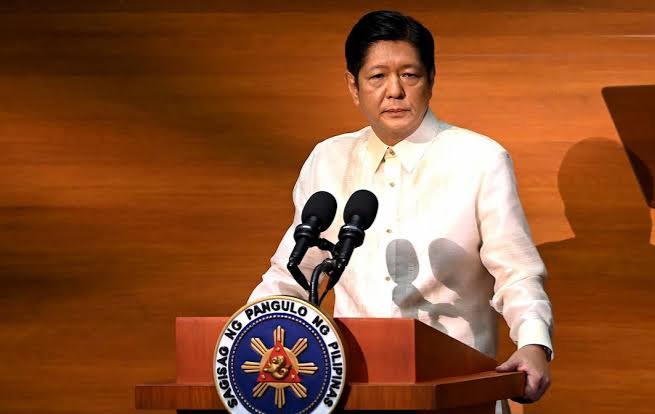President Marcos Jr. Establishes Innovation Hub in Laguna and Declares Protected Landscape in Quezon

Manila, The Gulf Observer: Philippine President Ferdinand R. Marcos Jr. has taken significant steps to boost innovation and environmental protection by creating a knowledge-driven ecozone in Laguna and designating a new protected area in Quezon province.
On July 30, President Marcos signed Proclamation No. 985, officially designating a 50,000-square-meter parcel of land within the De La Salle University Science and Technology Complex in Biñan, Laguna as a Knowledge, Innovation, Science, and Technology Ecozone. The site, located on the Leandro V. Locsin Campus, will be known as the De La Salle University Innovation Hub.
The initiative was established under Republic Act No. 7916 (Special Economic Zone Act of 1995), as amended by RA 8748, and upon the recommendation of the Philippine Economic Zone Authority (PEZA). The ecozone is expected to foster technological advancement and economic growth in the region.
Special economic zones under the law are envisioned as centers for agro-industrial, commercial, banking, investment, and recreational development, contributing to national progress.
In a parallel move supporting environmental preservation, Marcos signed Republic Act No. 12229 on July 23, declaring 29.6 hectares of land in San Francisco, Quezon as a Protected Landscape. This area, part of the Mulanay Watershed Forest Reserve, will now be known as the San Francisco Protected Landscape (SFPL) and categorized as a national park under the National Integrated Protected Areas System (NIPAS).
The SFPL is recognized for its unique biodiversity and ecological value, and the government aims to conserve, protect, manage, and rehabilitate the area in partnership with local communities, NGOs, private stakeholders, and local government units.
To ensure proper administration, the law establishes a Protected Area Management Board (PAMB) chaired by the Department of Environment and Natural Resources (DENR), as well as a Protected Area Management Office to oversee daily operations.
A dedicated trust fund will finance SFPL’s sustainability efforts. Seventy-five percent of revenue generated will remain with the SFPL and be deposited locally, while the remaining 25 percent will go to the National Treasury. Additional funding may come from grants, donations, and endowments, both domestic and international.
Disbursements from the fund will be strictly used for conservation and approved projects, in compliance with existing accounting and auditing laws.
These developments underscore President Marcos Jr.’s dual commitment to sustainable development through innovation and environmental conservation, aligning national growth with global ecological responsibility.


